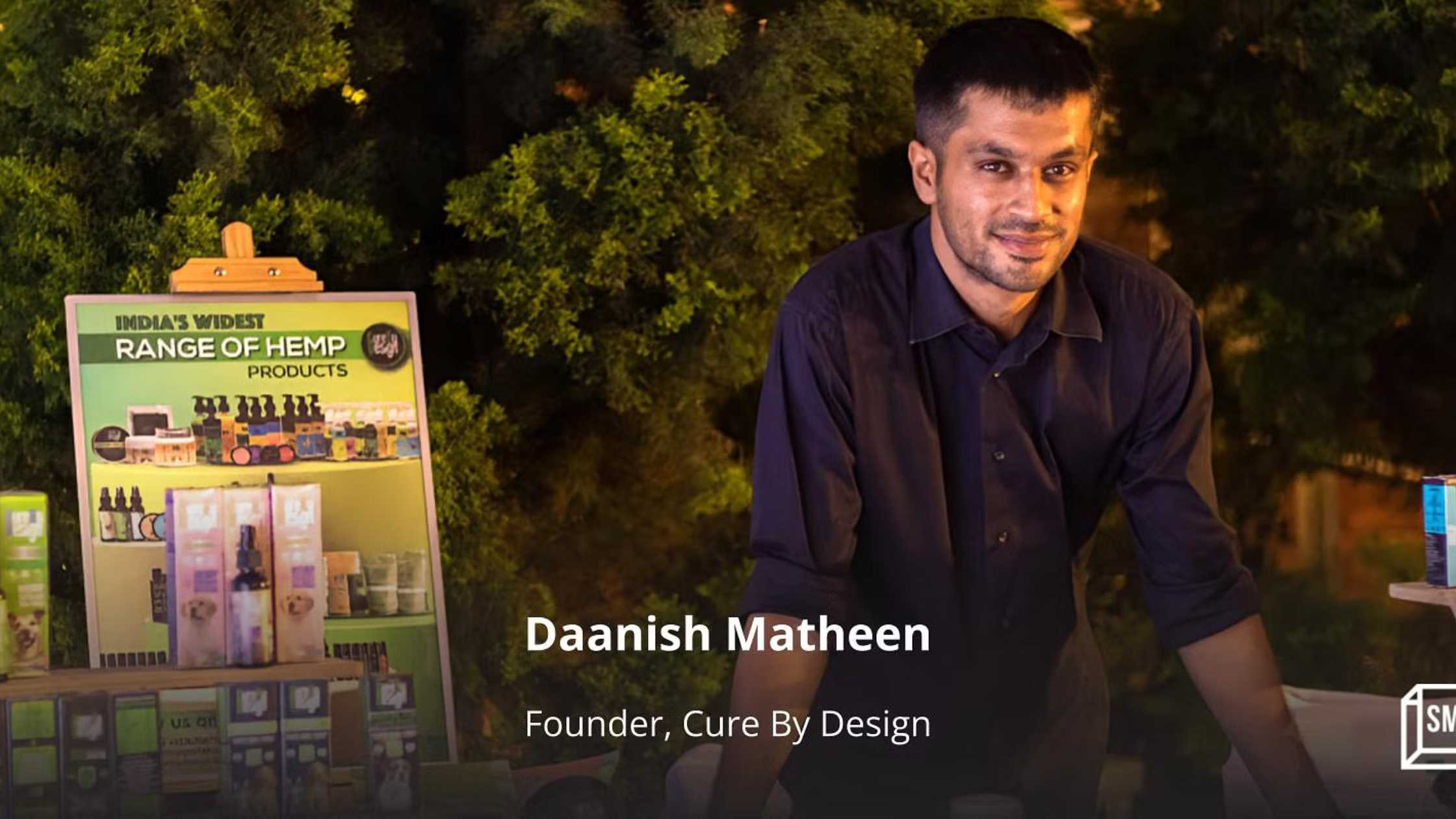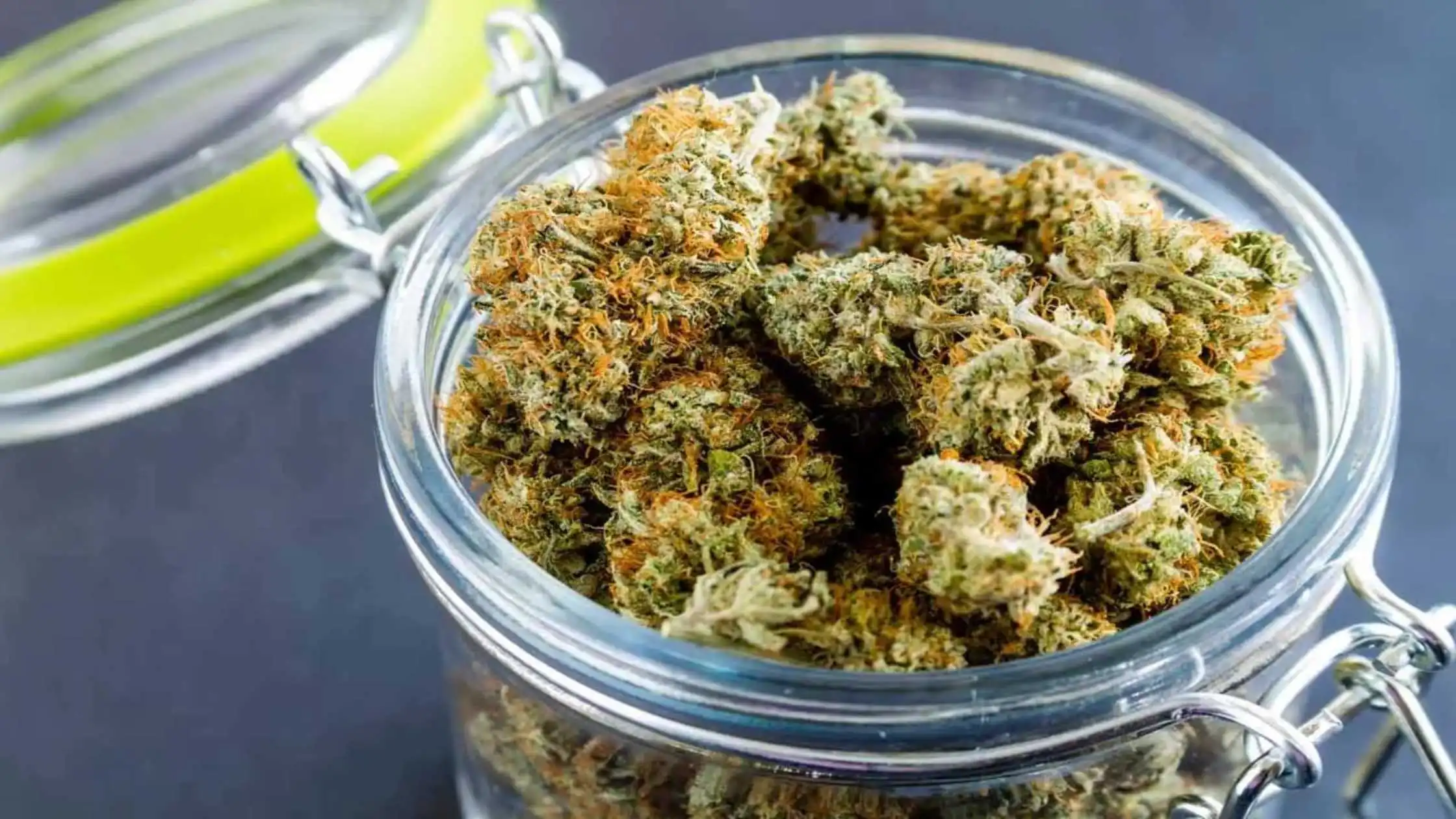Jake Bullock and Luke Anderson only want to get you “a small amount of high.”
Two individuals aged 35, Anderson and Bullock, have teamed up as co-founders of Cann, a startup specializing in beverages infused with two milligrams of tetrahydrocannabinol (THC), the primary psychoactive compound found in cannabis. They tout their flagship product as a “social tonic,” positioning it as a hangover-free alternative to traditional beer.
Having debuted in 2019, Cann, headquartered in Los Angeles, has gained significant traction, boasting sales of over 10 million units across seven states and Canada, establishing itself as one of the leading cannabis beverage brands in the United States, as reported by market research firm BDSA.
Bullock and Anderson are optimistic about their company’s future, projecting sales exceeding 9 million cans in the coming year. With prices starting at $24 per six-pack, this forecasted volume could yield a minimum of $36 million in annual revenue, a milestone that would propel Cann into profitability, according to statements from a company spokesperson to CNBC Make It.
Their sales expectations are anchored in the momentum of the “sober curious” movement sweeping the nation. This trend reflects a growing inclination among younger generations to reassess the health implications of regular alcohol consumption. Recent data from a Gallup poll conducted in August indicates that only 62% of adults under the age of 35 report consuming alcohol, representing a 10% decrease compared to two decades ago. Cultural phenomena like Dry January and Sober October continue to gain popularity each year, further underpinning this shift in consumer behaviour.
Despite ongoing debates regarding the health effects of cannabis, the co-founders express confidence in Cann’s ability to address emerging consumer needs. Bullock, serving as CEO, emphasizes the inverse relationship between age and alcohol consumption, stating, “The younger you are, the less booze you’re drinking.” With this sentiment, they envision a future where THC-infused seltzer occupies a substantial market share, comparable to traditional alcoholic beverages like beer, spirits, and wine.
Homemade drinks in a Palo Alto garage
Typically, legal cannabis-infused edibles contain around 10 milligrams of THC per serving, a dosage often recommended for beginners due to its potency. This dosage aligns with Cann’s approach, emphasizing a milder experience rather than targeting individuals seeking intense intoxication, as Anderson clarifies, adding a friendly disclaimer, “No shade to stoners!”
Cann’s primary demographic comprises social drinkers seeking a subtle buzz without the negative aftermath of alcohol consumption. Anderson describes their product as offering a “bubbly, refreshing” experience, appealing to those who want to enjoy a beverage without the associated hangover.
The inspiration for Cann arose from the co-founders’ personal experiences and observations. Having met at Bain & Co., a prominent consulting firm, in 2014, Anderson and Bullock bonded over shared identities as “closeted queer people” at the time. Their friendship endured beyond their consulting careers as they pursued MBAs at Harvard University and Stanford University, respectively. Over time, they found themselves repeatedly discussing the toll of aging, exacerbated hangovers, and the detrimental effects of alcohol on the body.
Bullock, a native of Colorado, began contrasting alcohol and cannabis consumption patterns. He noted that a single beer paled in comparison to the potency of most cannabis edibles or even a few tokes from a joint, making it challenging for individuals to casually incorporate cannabis into social settings.
In 2018, Bullock began experimenting with homemade cannabis-infused drinks in his Palo Alto garage, seeking feedback from his Stanford peers. Around the same time, the cannabis industry garnered significant attention when Constellation Brands, known for producing Corona and Modelo beers, made a hefty $4 billion investment in the Canadian cannabis company Canopy Growth.
Reflecting on this investment, Anderson was struck by the potential of Bullock’s idea, envisioning their own venture occupying a similar space in the burgeoning cannabis market. This moment fueled their determination to transform their concept into reality.
‘Like selling meat in a vegan grocery store.
After teaming up, the co-founders dedicated months to testing beverages before delivering 3,000 cans to a Los Angeles MedMen dispensary. In just four weeks, the dispensary ordered an additional 30,000 cans, prompting Bullock and Anderson to hastily secure a warehouse and equipment for production. An initial error in water filtration led to a batch with a chlorine-like taste, requiring them to discard it and start anew, yet they met the delivery deadline despite setbacks.
Navigating sales solely through dispensaries posed challenges, especially since Cann aimed to attract novice cannabis users. While MedMen locations were conducive to this audience, other dispensaries proved less ideal, leading to a drop in monthly sales when they expanded to 80 outlets across California. To counteract this decline, the duo spent significant time in dispensaries, personally promoting their products to customers. Anderson likened the experience to “selling meat in a vegan grocery store,” acknowledging the limited options for distribution.
Overall, they were compelled to focus on direct sales in dispensaries due to the absence of alternative distribution channels.
A new strategy to compete with the alcohol industry
To their surprise, Anderson reveals that their guerrilla-style marketing tactics yielded positive results. Their word-of-mouth approach caught the attention of celebrity customers, who shared their experiences with Cann on social media. Embracing a playful advertising strategy, the co-founders urge consumers to “give up the booze, not the buzz.”
Despite their current success, Bullock and Anderson have ambitions to expand beyond dispensaries and enter markets in the 24 states where recreational cannabis is legalized. For instance, recent regulatory changes in Minnesota permit the sale of low-dose THC-infused food and beverages in liquor stores, provided the THC is sourced from hemp plants. If similar legislation is enacted in more states, Cann could potentially scale its operations to thousands of new locations.
Bullock envisions Cann capturing a significant share of the market, even likening its potential to be half the size of the beer industry within five years if favourable regulatory conditions persist. Investors share this optimism, evident from Cann’s substantial funding rounds totalling $32 million from reputable firms like Imaginary Ventures, known for supporting successful brands such as Skims and Glossier. Notable celebrity investors like Gwyneth Paltrow, Baron Davis, and Rosario Dawson have also contributed to Cann’s growth.
However, challenging the dominance of beer, a $100 billion annual industry in the U.S., presents formidable obstacles. Even the hard seltzer market, which shares similarities with cannabis beverages in terms of taste, boasts annual revenues of $9 billion. Bullock acknowledges the magnitude of this task but remains hopeful, noting the shifting attitudes toward alcohol consumption among younger generations. He believes that in the future, society may view alcohol similarly to how smoking is perceived today, potentially creating significant opportunities for cannabis beverages to thrive on a larger scale.
Disclaimer:
The content presented above is sourced from the article available at the provided link:
https://www.cnbc.com/2023/11/14/why-beverage-startup-cann-wants-to-replace-your-beer-with-cannabis.html
The information provided above is sourced from CNBC’s article, detailing Cann’s aim to replace beer with cannabis-infused beverages. The views and opinions expressed in this paraphrased content do not reflect our own views or opinions. It is included in Times of Hemp for informational and inspirational purposes only. For further details, please refer to the original source.






As Cann navigates regulatory hurdles, their persistence and innovation are commendable.
The investor confidence in Cann indicates strong market potential for cannabis beverages.
Anderson and Bullock’s vision for Cann aligns with broader trends in wellness and moderation.
The cultural impact of products like Cann could redefine social drinking norms.
Cann’s journey reflects broader shifts in consumer preferences towards healthier lifestyle choices.
I’m rooting for Cann to succeed in making THC-infused beverages a mainstream choice.
The regulatory changes in Minnesota could open up new opportunities for Cann’s distribution strategy.
It’s fascinating how Cann aims to carve out a significant share of the beverage market in just a few years.
The comparison to the beer industry underscores Cann’s ambitious growth trajectory.
I’m impressed by Cann’s ability to scale rapidly while maintaining product integrity.
Cann’s commitment to quality, despite initial production challenges, speaks to their dedication to customer satisfaction.
The celebrity endorsements and investor support highlight Cann’s potential to disrupt the beverage industry.
Exciting times ahead for Cann as they consider expansion into more states with legalized cannabis.
Cann’s approach to marketing and customer engagement shows the power of direct consumer interaction.
The partnership with MedMen was a pivotal move for Cann’s early success in the cannabis beverage market.
I’m curious to see how Cann expands beyond dispensaries into new markets.
Cann’s origin story—from a Palo Alto garage to millions in sales—is a testament to entrepreneurial perseverance.
Anderson and Bullock’s journey from consulting to cannabis entrepreneurship is inspiring.”
Interesting to see how Cann navigates the challenge of appealing to novice cannabis users in a regulated market.
I appreciate Cann’s commitment to offering a bubbly, refreshing alternative to alcohol.
As attitudes towards cannabis evolve, Cann’s strategy seems well-positioned to capture a growing market.
The success of Cann underscores a cultural shift towards mindful consumption and wellness.
Kudos to Anderson and Bullock for identifying a niche in the market and capitalizing on the sober curious trend.
It’s exciting to see how Cann is reshaping social drinking norms with its THC-infused beverages.
I love Cann’s approach to providing a hangover-free ‘social tonic’—perfect for those seeking a lighter buzz.
Impressive growth! Cann’s forecasted revenue milestone reflects strong consumer demand for low-dose THC beverages.
Cann’s focus on a mild THC experience makes it a promising choice for those exploring alternatives to traditional alcohol.
Nice post; I really loved it.